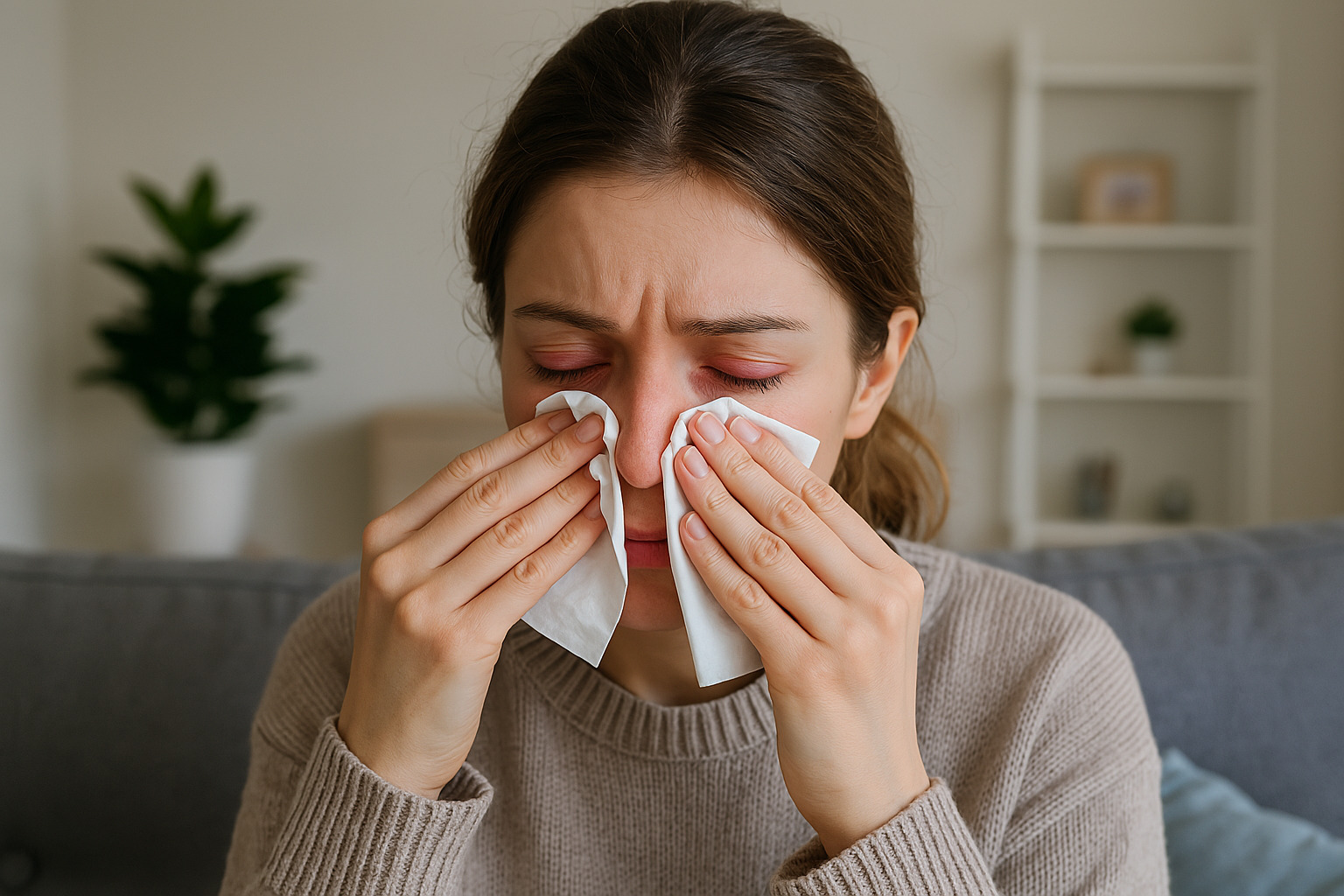If your eyes are itchy, red, watery, and swollen, you’re likely dealing with eye allergies. These reactions happen when the immune system overreacts to substances like pollen, dust, or pet dander. Eye allergies are common but manageable with the right prevention strategies and treatments.
Common Causes of Eye Allergies
Eye allergies, also known as allergic conjunctivitis, can be triggered by:
- Pollen: Grass, tree, and weed pollens during different seasons.
- Dust Mites: Tiny creatures thriving in household dust.
- Pet Dander: Proteins found in animal skin flakes, saliva, and urine.
- Mold: Spores floating through the air in humid environments.
- Smoke and Pollution: Irritants worsening allergic responses.
Symptoms to Watch For
Symptoms of eye allergies often mirror other eye conditions, so paying attention to the pattern is key.
- Redness in the whites of the eyes
- Itchy or burning sensations
- Excessive tearing or watery eyes
- Puffy or swollen eyelids
- Sensitivity to light
- A gritty feeling in the eyes
How to Prevent Eye Allergies
Prevention focuses on limiting exposure to allergens. Small changes in daily habits can dramatically reduce flare-ups.
Practical prevention strategies include:
- Stay indoors during high pollen counts. Keep windows closed and use air conditioning with clean filters.
- Use allergen-proof covers. Protect pillows, mattresses, and upholstered furniture.
- Wash hands and face regularly. Remove allergens after being outdoors.
- Avoid rubbing your eyes. Rubbing releases more histamines, worsening symptoms.
- Use sunglasses outdoors. Physical barriers help block pollen and dust from reaching your eyes.
- Control indoor humidity. Use a dehumidifier to reduce mold growth.
Best Treatment Options for Eye Allergies
Treatment focuses on relieving symptoms and calming the allergic response.
1. Over-the-Counter Remedies
- Antihistamine eye drops: Relieve itching and redness quickly.
- Artificial tears: Flush allergens from the eyes and provide soothing moisture.
- Oral antihistamines: Help control systemic allergy symptoms affecting the eyes.
2. Prescription Medications
- Stronger antihistamine or anti-inflammatory drops: Recommended for persistent symptoms.
- Mast cell stabilizers: Prevent the release of histamines before symptoms start.
- Corticosteroid eye drops: Reserved for severe cases under medical supervision.
3. Home Remedies
- Cold compresses: Soothe itching and reduce swelling naturally.
- Saline rinses: Gently wash away allergens stuck in the eyes.
Habits That Make a Difference
Consistency in preventive care often reduces the need for medications over time.
- Replace contact lenses often. Daily disposables are the best option during allergy season.
- Limit eye makeup. Fragrances and preservatives can irritate sensitive eyes.
- Shower before bed. Pollen and dust stick to skin and hair, transferring to pillows.
- Clean your environment weekly. Focus on carpets, curtains, and bedding.
When to See a Doctor
If your symptoms persist despite preventive measures and treatment, seek medical advice. Chronic allergic conjunctivitis can mimic or complicate other serious eye conditions like infections or glaucoma. An allergist or ophthalmologist can perform specific tests and recommend stronger therapies if necessary.
Managing eye allergies is about preparation, protection, and persistence. Keeping allergens away and treating symptoms promptly protects not just your vision but also your quality of life.
